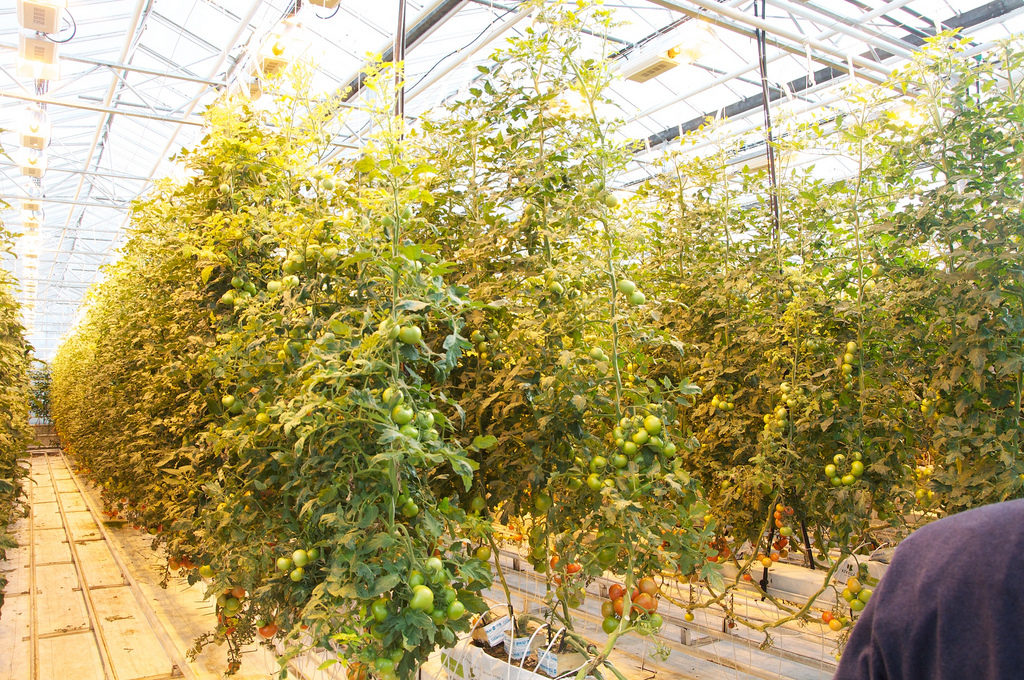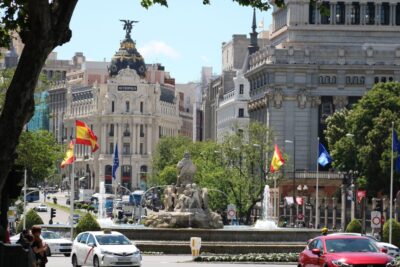Dutch investors plan large greenhouse operation in Iceland
Dutch investors are planning to build a large greenhouse operation for the production of 13,500 tons of organic tomatoes for the UK market, an investment of up to $54 million.
Reported by Icelandic media earlier this week, there are now concrete plans of a Dutch company for the erection a rather large greenhouse operations in Iceland.
Dutch company EsBro plans to build a 150,000-square-meter (or about 37 acres/ 15 hectares) greenhouse for growing organic tomatoes for export near Grindavík on the Reykjanes peninsula in iceland.
The size compares to the area of around 20 football (soccer) fields. The Icelandic Association of Horticulture Producers reports that current consumption of tomatoes in Iceland is at around 2,200 tons per year and that the new greenhouse – in its planned size – could produce around 13,500 tons of tomatoes per year and create around 125 jobs.
According to local news, the company estimates the project cost at around ISK 5 to 6.5 billion ($42-54 million). Potential customers for the greenhouse operation would be outside of Iceland and EsBro is reported to already have agreements with buyers in the UK, among them supermarket chain Tesco.
At a recent community meeting with local residents, concerns were raised about light pollution, but the company is planning measures to deal with light pollution. Given the location of Iceland, the months of November to February are darker than e.g. in Europe and therefore need to be artificially lighted and heated.
Local horticulture producers are afraid of the competition if export plans do not materialize.
Given the availability of geothermal power and heat, the operation of greenhouses could provide a market advantage for Iceland. Currently, horticulture producers in Iceland are not receiving the same pricing than aluminum smelters from power producers such as Reykjavik Energy, the National Power Company (Landsvirkjun) and HS Orka. This is mostly due to the – compared to the large aluminum companies – small power demand and market position of the horticulture producers in the country. With a large operation like it is planned now near Grindavík, the bargaining position towards the power producers in the country could be stronger, resulting in more favourable prices for power and heat.
Source: Visir.is (in Icelandic)


















